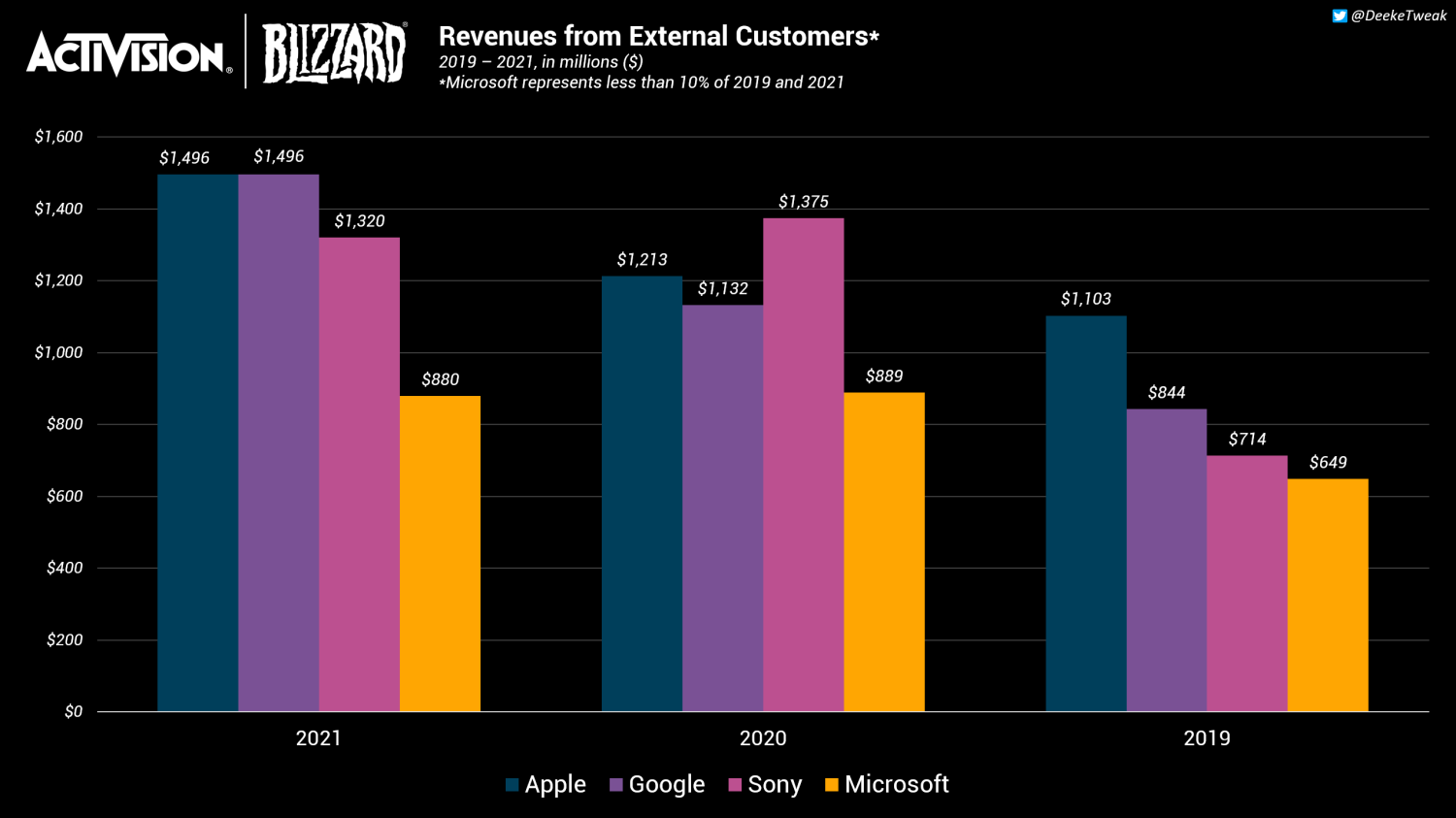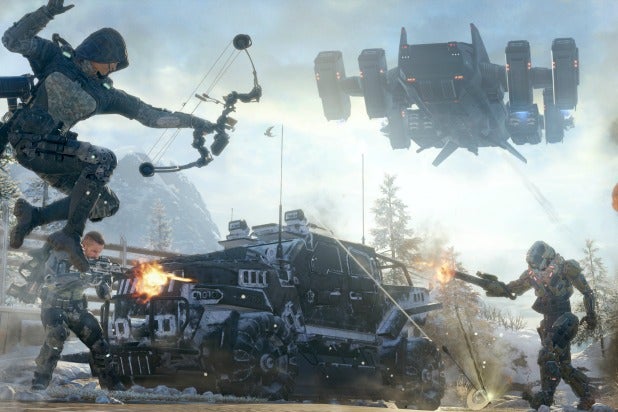Titanfall 2 was released on Oct. 28, 2016. The date fell right between the releases of EA's Battlefield 1 on Oct. 21 and Activision's Call of Duty: Infinite Warfare on Nov. 4. At the time, EA CEO Andrew Wilson said that the two EA games would cater to different types of fans, strengthening the company's position in the shooter genre, and even predicted that Titanfall 2 would do better than the original Titanfall. Unfortunately, he was wrong.
Despite its name, Battlefield 1 from EA Dice was the 15th installment of a long-running shooter series, and Call of Duty, of course, continues to be a juggernaut. Both were established franchises, and Titanfall 2 simply couldn't compete with the two bigger names. EA did not release numbers, but financial firm Morgan Stanley estimated in January 2017 (as reported by VentureBeat) that Battlefield 1 had sold 15 million units, just behind Infinite Warfare, while Titanfall 2 lagged at 4 million copies sold.
There are other factors that contributed: Forbes, for example, speculated that, as Titanfall was an Xbox and PC exclusive, people didn't realize that the sequel wasn't. Ultimately, though, EA's timing miscalculation was a big problem. In trying to knock out its competition with two shooter releases in a single month, it instead hurt its own bottom line.





